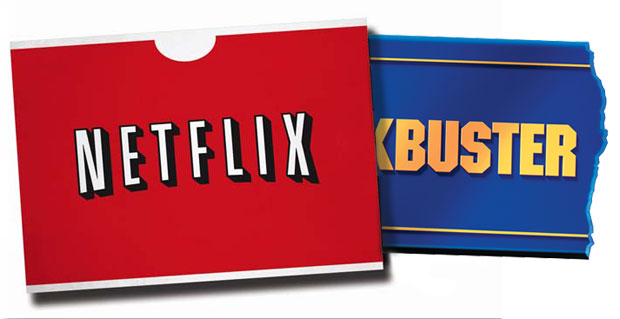
http://static.lululemon.com/community/blog/wp-content/uploads/2010/08/4869835809_476ded2e4d.jpg
Vancouverites are no strangers to Lululemon Atletica. All are familiar to the image of a woman’s bottom hugged by the company’s famous yoga sweatpants.
In my opinion, Lululemon is the definition of an entrepreneurial company. According to Schumpeter’s View of Entrepreneurship, an entrepreneurial company is able to, in an innovative manner, generate enough value to customers to exceed the customers’ costs. Lululemon has certainly been able to achieve this.
The company introduced their unique and trendy products in a way that had never been seen before. They based the company’s culture on community and learning, and with virtually zero advertising, managed to build an extremely devoted customer base. Their marketing technique has been successful: even consumers who aren’t the least bit interested in yoga come flocking into stores for a pricey pair of sweats. At a minimum of $98 a pop, the sweatpants aren’t cheap; however, the company has developed such a strong value proposition that consumers have quite a high willingness to pay.
In just over 10 years, Lululemon has grown from a single storefront to a public company with more than 100 outlets and $340 million in annual revenue. The amount of wealth creation, speed of wealth creation, the risks that the company has taken, and its level of innovation all prove that it is indeed an entrepreneurial company.
Works Cited:
Sacks, Danielle . “Lululemon’s Cult of Selling.” Fast Company. N.p., 1 Apr. 2009. Web. 16 Nov. 2011. <www.fastcompany.com/magazine/134/om-my.html>.





